IJMS, Free Full-Text
Por um escritor misterioso
Last updated 26 março 2025
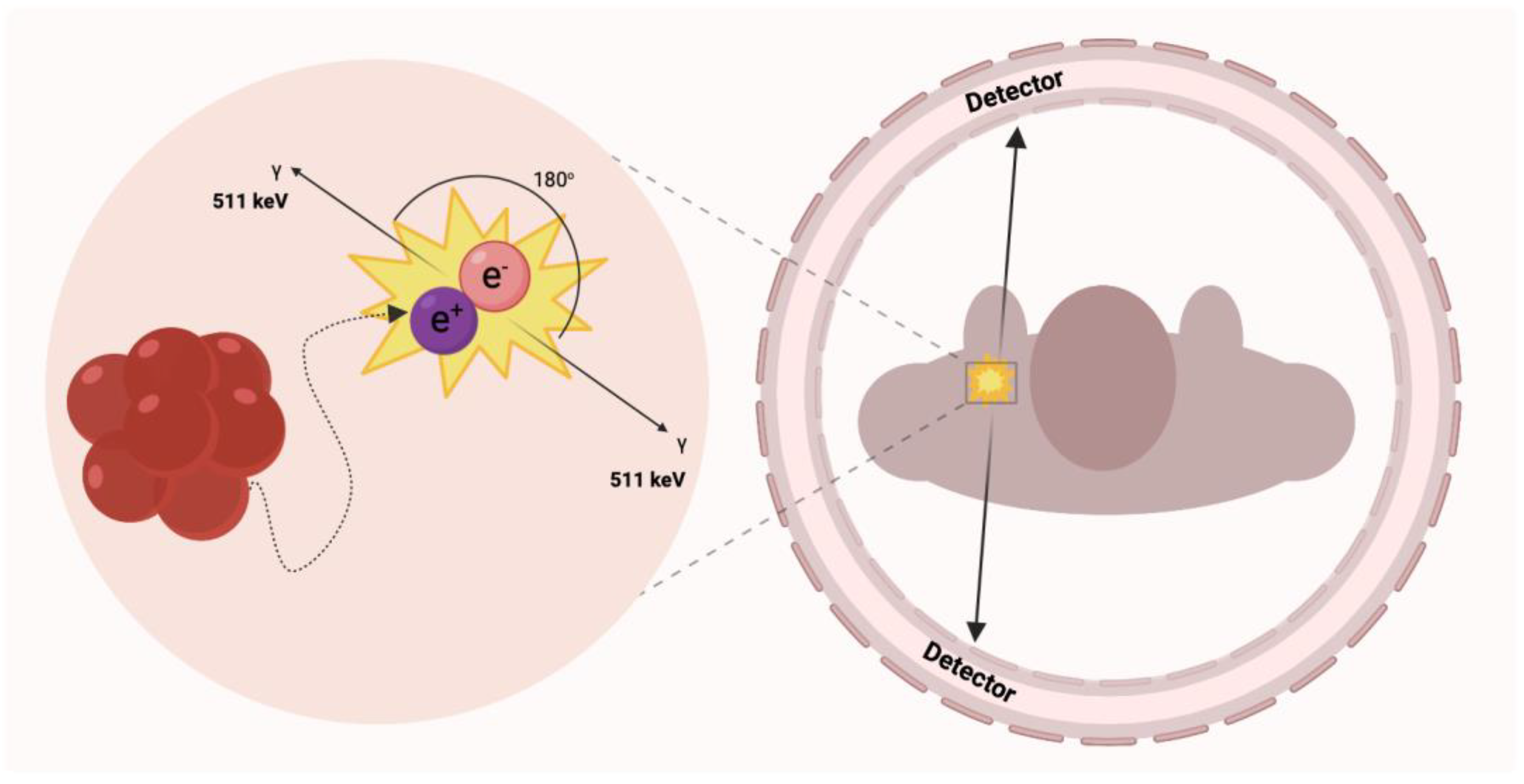
Cardiovascular diseases (CVD) is a collective term describing a range of conditions that affect the heart and blood vessels. Due to the varied nature of the disorders, distinguishing between their causes and monitoring their progress is crucial for finding an effective treatment. Molecular imaging enables non-invasive visualisation and quantification of biological pathways, even at the molecular and subcellular levels, what is essential for understanding the causes and development of CVD. Positron emission tomography imaging is so far recognized as the best method for in vivo studies of the CVD related phenomena. The imaging is based on the use of radioisotope-labelled markers, which have been successfully used in both pre-clinical research and clinical studies. Current research on CVD with the use of such radioconjugates constantly increases our knowledge and understanding of the causes, and brings us closer to effective monitoring and treatment. This review outlines recent advances in the use of the so-far available radioisotope markers in the research on cardiovascular diseases in rodent models, points out the problems and provides a perspective for future applications of PET imaging in CVD studies.

IJMS, Free Full-Text
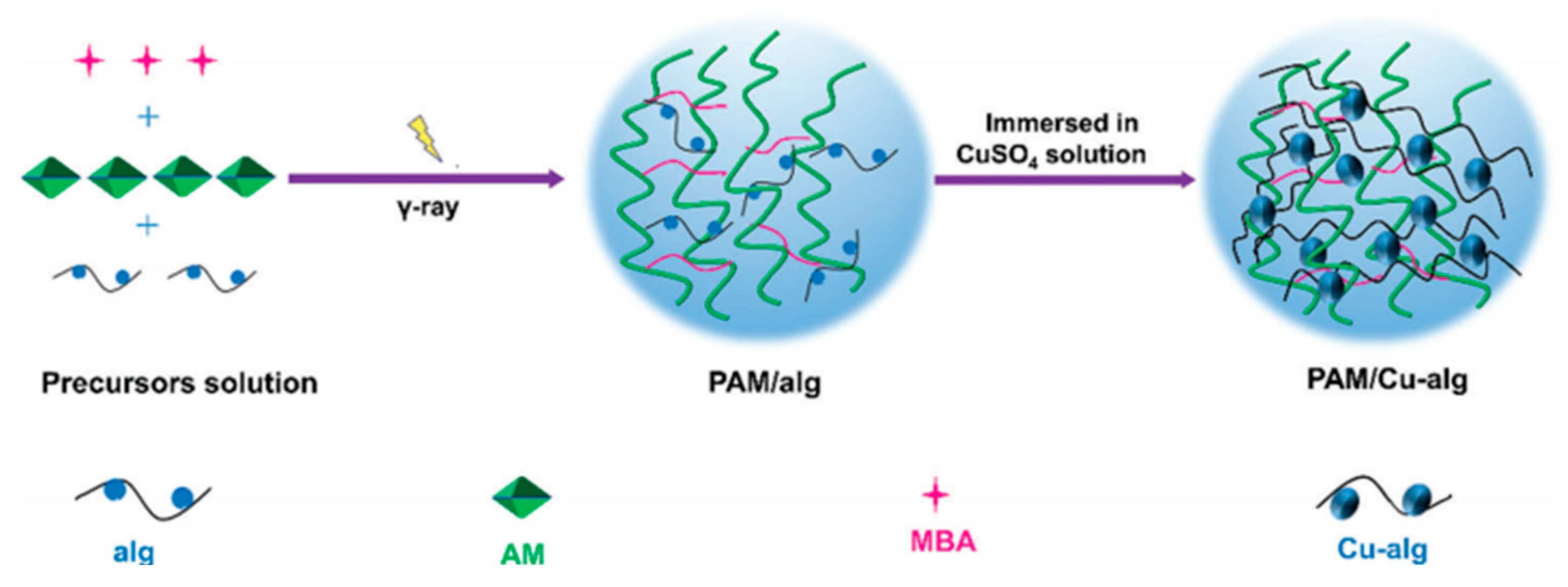
IJMS Free Full-Text Research Advances In Mechanical, 52% OFF
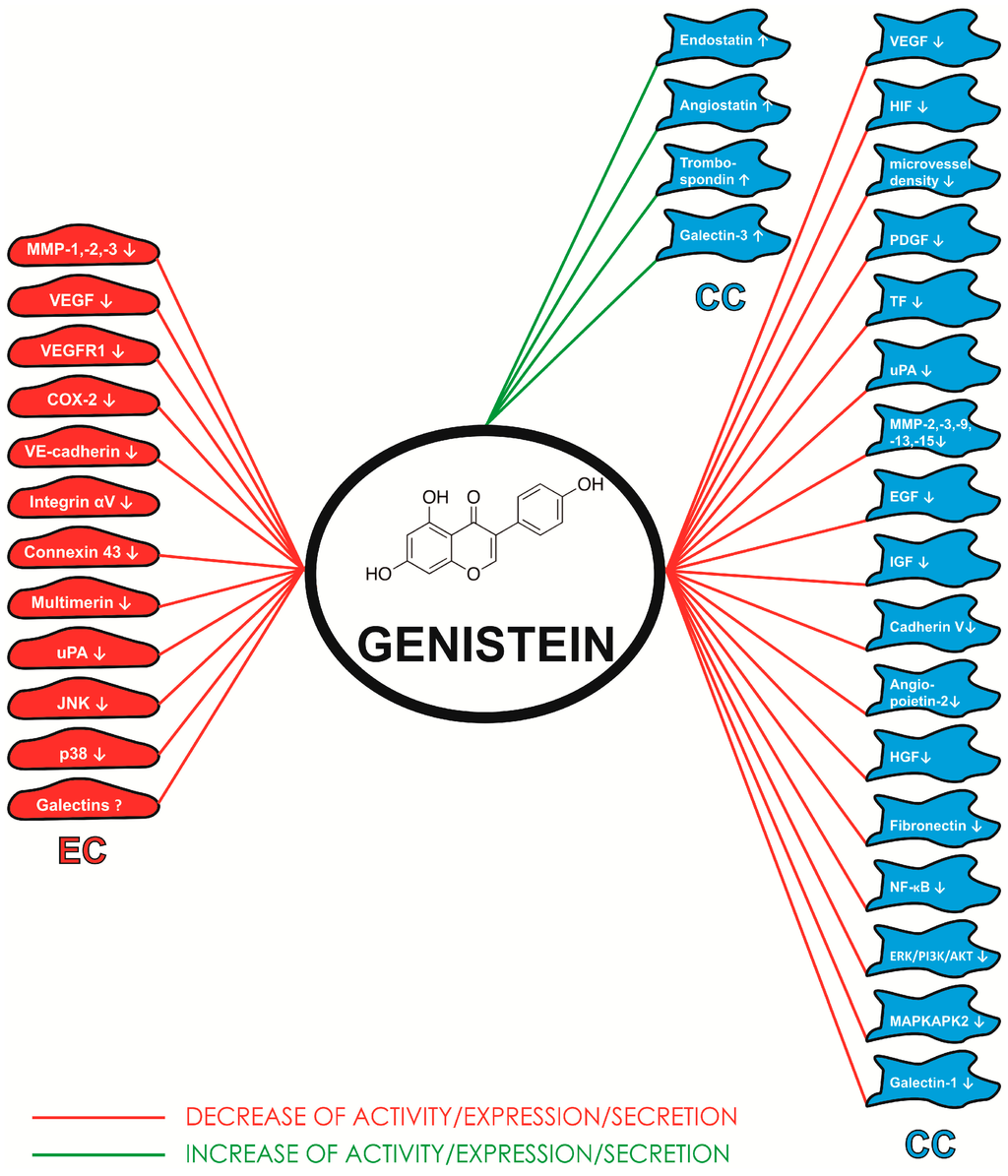
IJMS, Free Full-Text
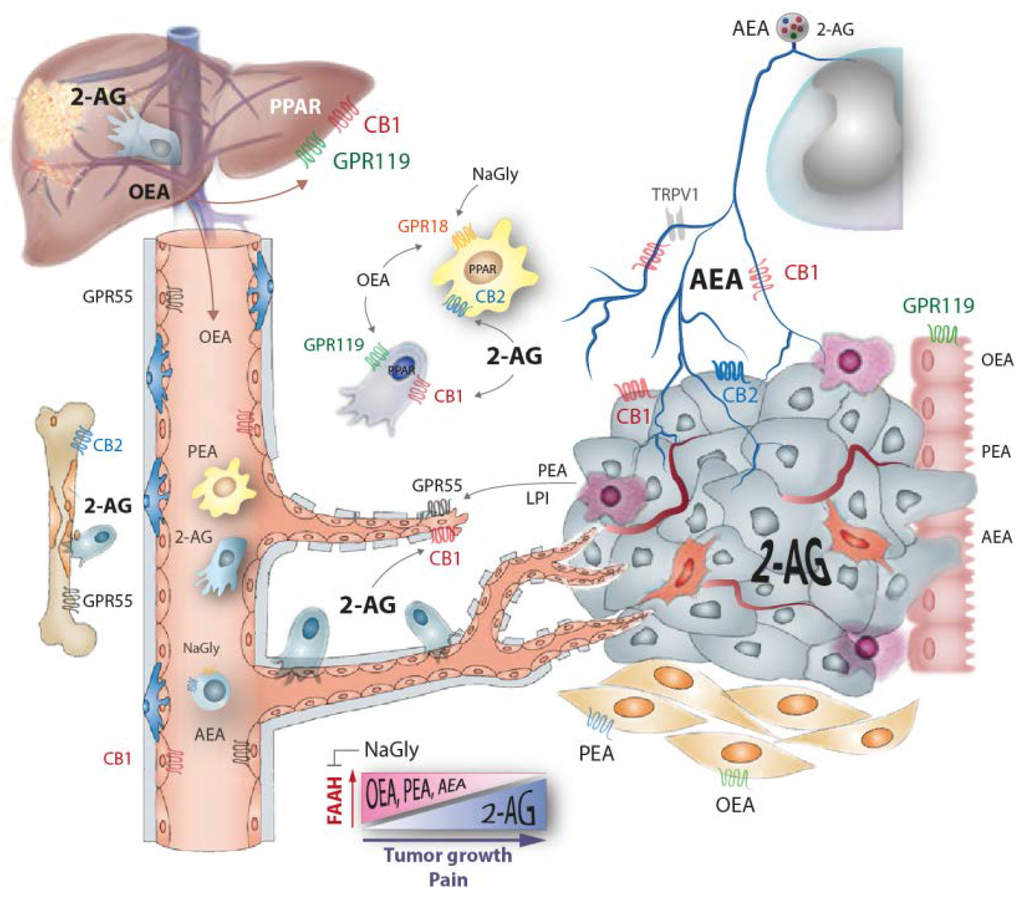
IJMS, Free Full-Text
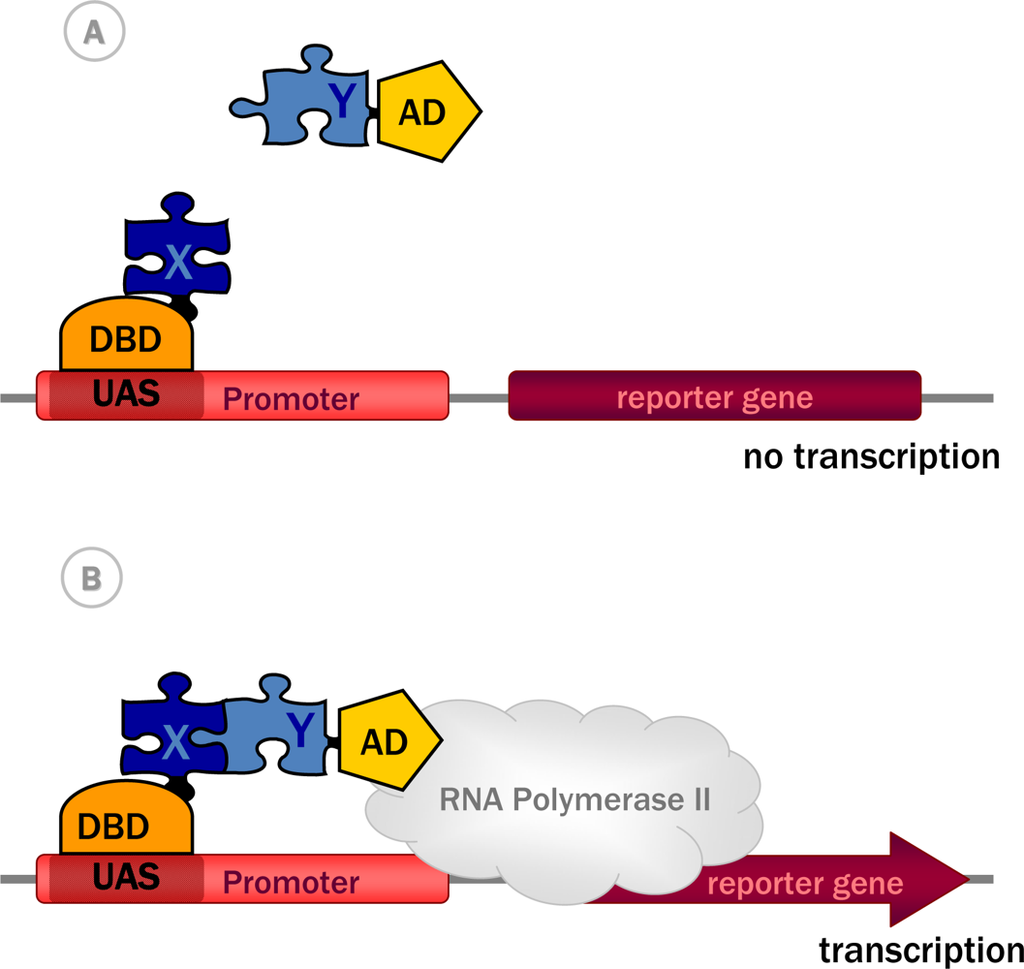
IJMS, Free Full-Text
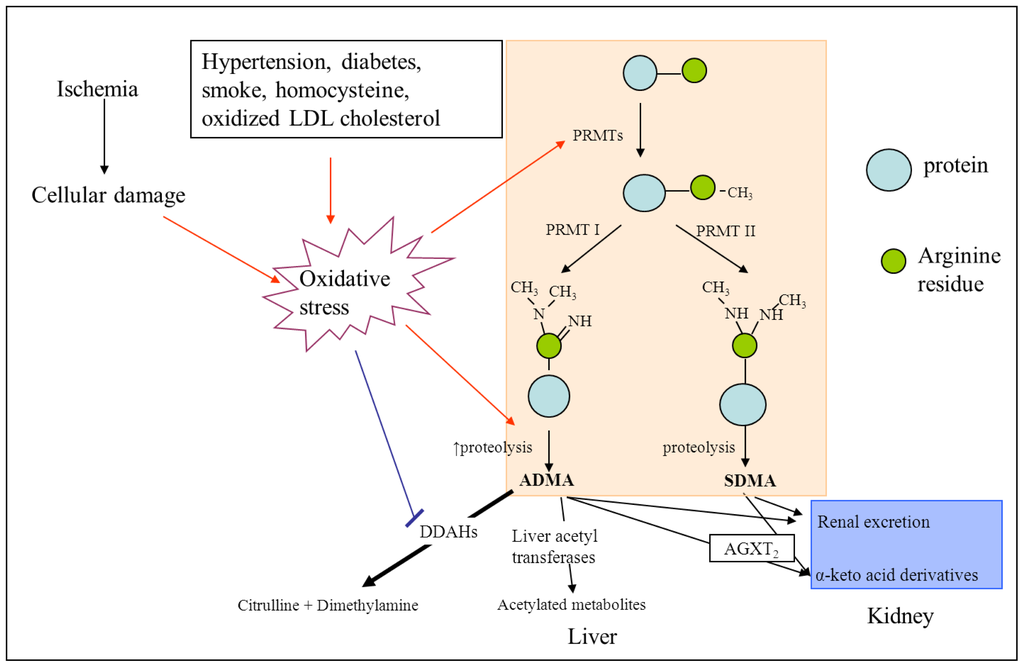
IJMS, Free Full-Text
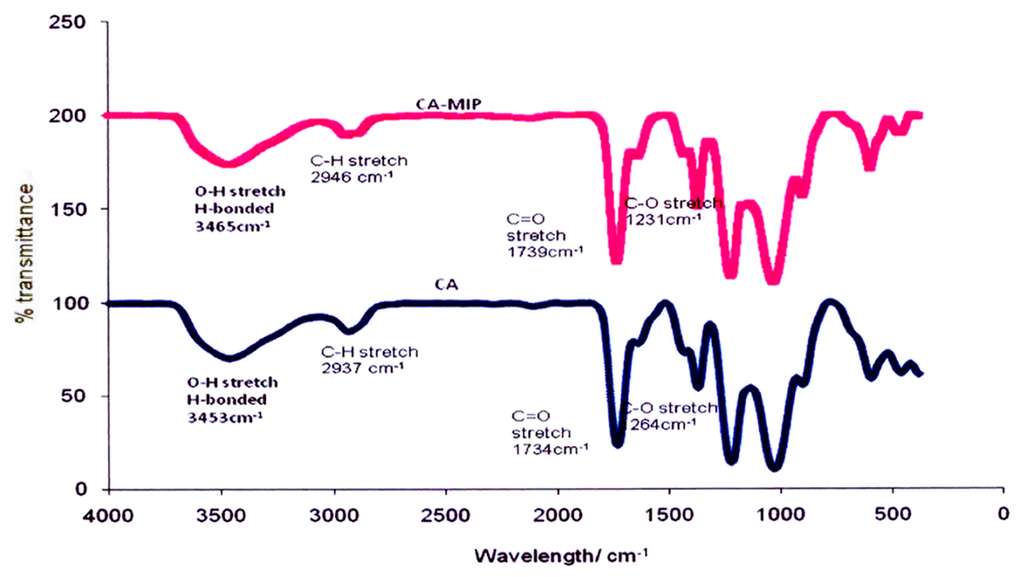
IJMS, Free Full-Text
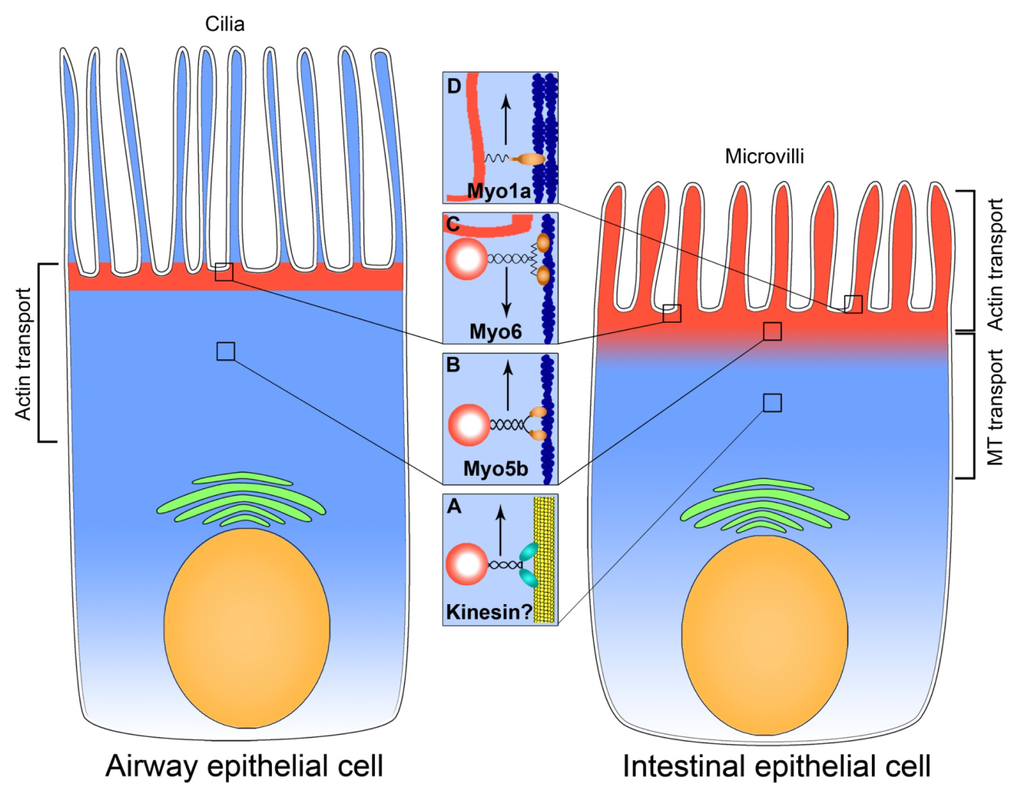
IJMS, Free Full-Text
Fair Priced FavoriteIJMS, Free Full-Text, louis velasquez cgm
Recomendado para você
-
 Losing interest - Shiloh Dynasty (ACORDES) (CHORDS)26 março 2025
Losing interest - Shiloh Dynasty (ACORDES) (CHORDS)26 março 2025 -
 cifra c m26 março 2025
cifra c m26 março 2025 -
 cifra simplificada more than words26 março 2025
cifra simplificada more than words26 março 2025 -
 Losing Interest - Lyldoll (Shiloh) - Cifra Club26 março 2025
Losing Interest - Lyldoll (Shiloh) - Cifra Club26 março 2025 -
![Every Move You Make: The Studio Recordings [6 LP]: CDs](https://m.media-amazon.com/images/W/MEDIAX_792452-T2/images/I/713dng5+I5L._UF350,350_QL50_.jpg) Every Move You Make: The Studio Recordings [6 LP]: CDs26 março 2025
Every Move You Make: The Studio Recordings [6 LP]: CDs26 março 2025 -
 losing interest mp4 download26 março 2025
losing interest mp4 download26 março 2025 -
 Shiloh- Losing Interest Chords - Chordify26 março 2025
Shiloh- Losing Interest Chords - Chordify26 março 2025 -
![Losing Interest - Shiloh Cifra para Ukulele [Uke Cifras]](https://www.ukecifras.com.br/artistas/shiloh.jpg) Losing Interest - Shiloh Cifra para Ukulele [Uke Cifras]26 março 2025
Losing Interest - Shiloh Cifra para Ukulele [Uke Cifras]26 março 2025 -
Ryan Printup26 março 2025
-
 Em Pedaços - K o d a (BR) - Cifra Club26 março 2025
Em Pedaços - K o d a (BR) - Cifra Club26 março 2025
você pode gostar
-
 Tier list (so far) Honkai: Star Rail26 março 2025
Tier list (so far) Honkai: Star Rail26 março 2025 -
 Manga Recommendations: All Stars - Otome Game no Hametsu Flag26 março 2025
Manga Recommendations: All Stars - Otome Game no Hametsu Flag26 março 2025 -
 TEASER DA WUBBOX ÉPICA DA ILHA DE ÁGUA, E ÚLTIMO SAZONAL CHEGANDO?26 março 2025
TEASER DA WUBBOX ÉPICA DA ILHA DE ÁGUA, E ÚLTIMO SAZONAL CHEGANDO?26 março 2025 -
 Colorindo Minions 3 banana Pintar Despicable Me diversão Jogo infantil Desenhos animados de crianças26 março 2025
Colorindo Minions 3 banana Pintar Despicable Me diversão Jogo infantil Desenhos animados de crianças26 março 2025 -
 Tomb Raider Novo jogo ganha suposta previsão de revelação26 março 2025
Tomb Raider Novo jogo ganha suposta previsão de revelação26 março 2025 -
 FAÇA SEU CADASTRO: Jogo de cassino que paga via pix lançado26 março 2025
FAÇA SEU CADASTRO: Jogo de cassino que paga via pix lançado26 março 2025 -
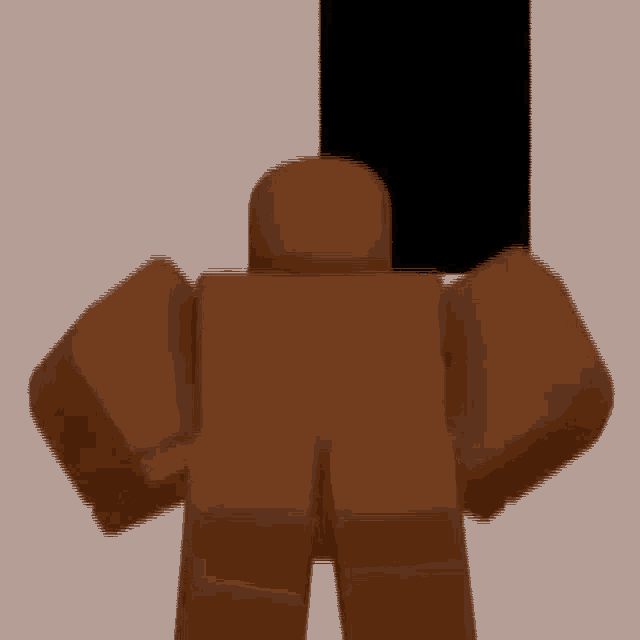 Roblox Meme GIF - Roblox Meme Funny Dance - Discover & Share GIFs26 março 2025
Roblox Meme GIF - Roblox Meme Funny Dance - Discover & Share GIFs26 março 2025 -
 SasuSaku❤, Wiki26 março 2025
SasuSaku❤, Wiki26 março 2025 -
 Watch Fate/stay night: Unlimited Blade Works26 março 2025
Watch Fate/stay night: Unlimited Blade Works26 março 2025 -
 146,800+ Playing Music Stock Illustrations, Royalty-Free Vector Graphics & Clip Art - iStock26 março 2025
146,800+ Playing Music Stock Illustrations, Royalty-Free Vector Graphics & Clip Art - iStock26 março 2025
